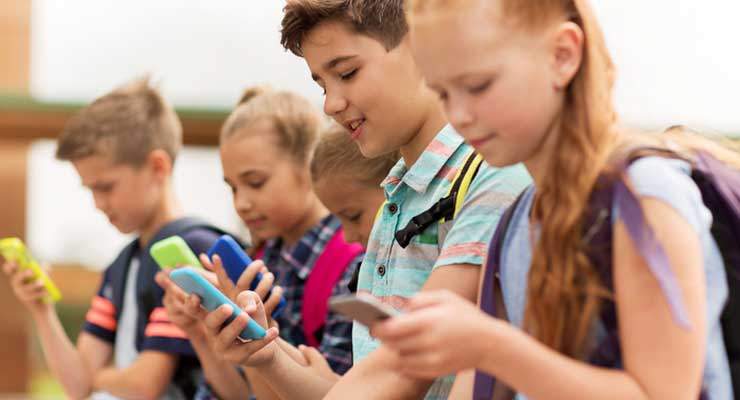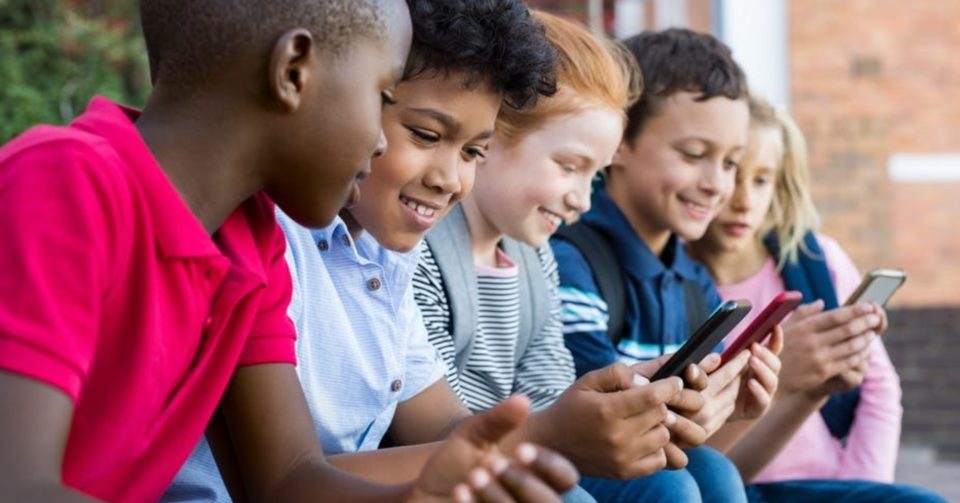- An ongoing research called the ABCD Study tackled the topic of brain development depending on experiences.
- It revealed that screen time for children doesn’t necessarily bring only bad effects to the brain, but also good ones.
Back then, kids usually hear nagging mothers regarding too much time spent on computers, smartphones, and video games. But now, parents have come to embraced such reality and have slowly encouraged the idea of letting their kids dwell more time on digital gadgets.
This was tackled in CBS’ 6O Minutes. They mentioned a certain Adolescent Brain Cognitive Development Study (ABCD Study), which is a $300 million research that is funded by the National Institutes of Heath. Its aim is to reveal how much brain development is affected when it comes to a range of experiences, and this included the amount of screen time.
It stated that everything a person does – be it sleeping, playing sports, reading, or arguing with someone – change the brain. The adolescent brain continuously change or adjusts itself to daily experience.
There has been more than 100 reports and surveys about this topic but in 2014, scientists from Queen’s University reviewed 43 of them.
The studies found that while social networking allows people to widen their contacts, the results are both good and bad.
While the past studies have stated what specific situations do to the brain, the ABCD study expects to follow 11,800 children through their adolescence and see if changes in the brain are linked to behavior and health.
It began in 2013, recruiting 21 academic research centers and initially focused on the effects of alcohol use to the brain but expanded and included topics like brain injury, genetics, and screen time.
“This diversity of findings provides an important public health message, that screen media activity is not simply bad for the brain or bad for brain- related functioning.”





